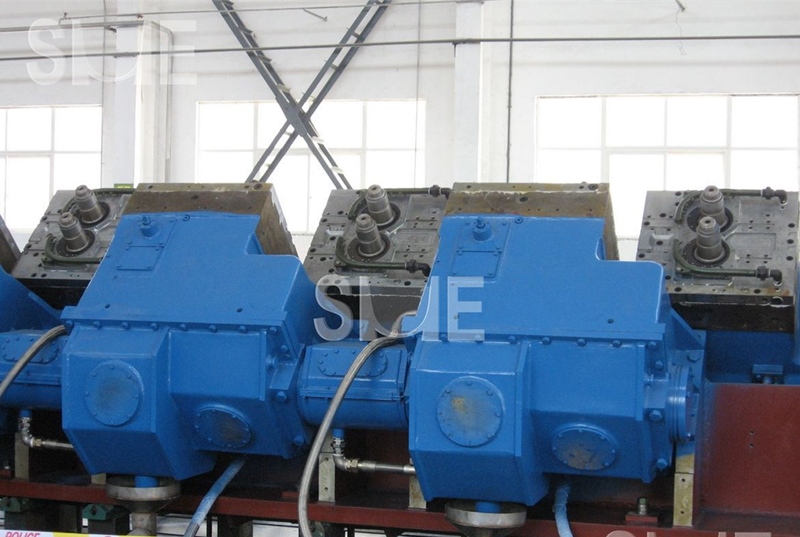
Rolling mill is one of the most important equipment in steel plants. Modern advanced technologies provide the most possible to manufacture high quality mills. Here common mills are classified by the structure of rolling mills.
The 2-high rolling mill has a simple structure and can reciprocate to roll billet into various rectangular blanks. Two-roller reversible mills can also be used to roll rail beams and steel plates.
Grouped DC or AC motors drive several seats of whole 2hi rolling mill unit able to produce billets and sections. It features high productivity and is also used for sheets, cold-rolled strips and cold-rolled flattening machine processes.
Rolled parts can be rolled in two directions and that does not need to reverse the mill, can achieve reciprocal multi- pass rolling. This mill can be used Used for rough rolling and section steel production.
The 4-high rolling mill has upper and lower two larger support rollers and two smaller work rollers. Smaller work rollers can reduce the contact area, reduce the rolling force, support rolls play a supporting role to reduce the work roll bending and strengthen the rigidity of the mill. In order to make the work rollers stable, work rollers are often offset by the direction of rolling a small distance to prevent the rollers center line cross caused by bearings gap. Four-roller mill is mostly used for strip production line.
To meet the requirement of high precision of cold-rolled strip size, a 6-hi/ 12-hi/ 20hi rolling mill has been applied to cold rolled plate line.
The planetary mill has a large rolling reduction and is used for the production of hot-rolled strip coil.
The vertical mill can process the side edges of thick plates. In plate and strip rolling, this mill can be used to control the width of the strip.
The cross roll mill is used for seamless steel pipe production. Its two roller axiss are cross angles and rotate in the same direction.
The 45°rolling mill is used for high-speed wire rod continuous rolling mill, steel pipe sizing machine and reduction unit. Its roll axis is arranged alternately with the horizontal at an angle of 45°, and the roll axis between stands is perpendicular to each other, and the main motor drive system is located on both sides of the mill.